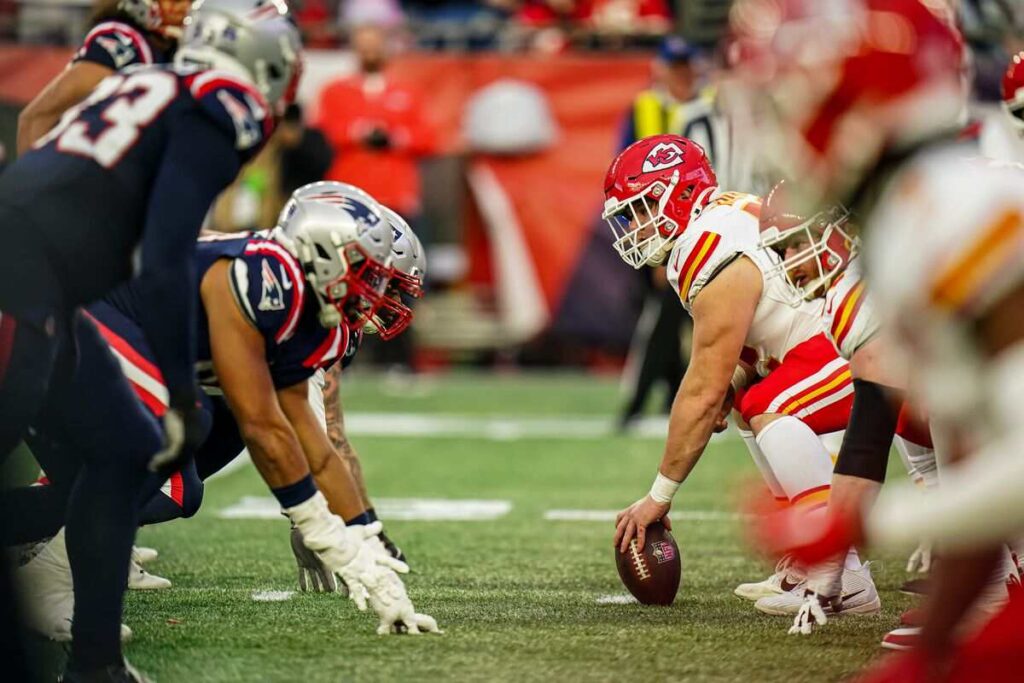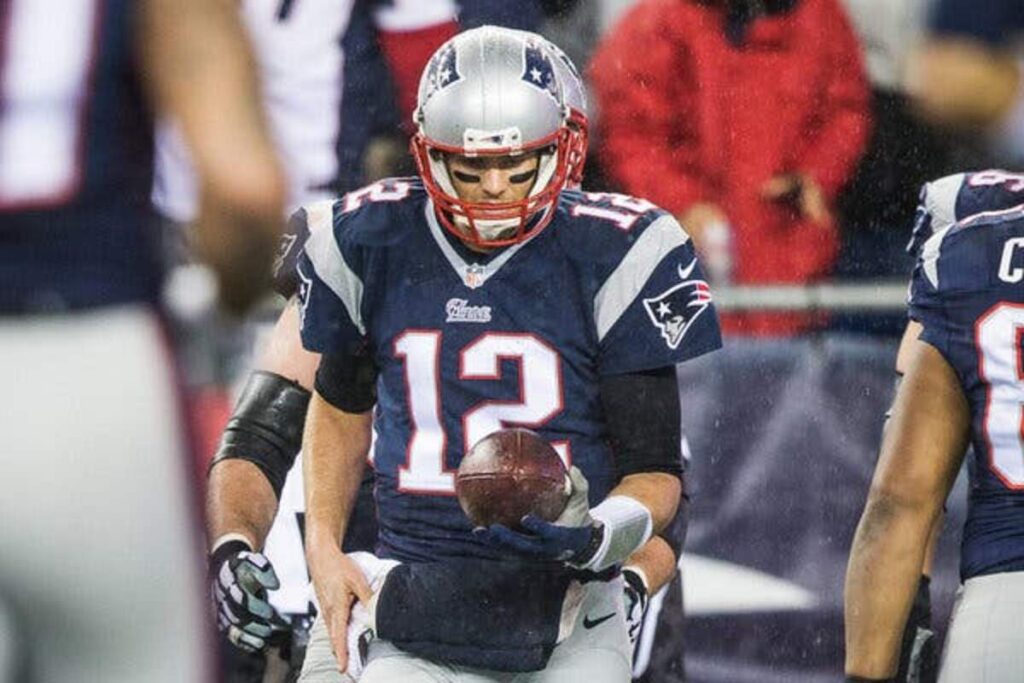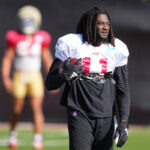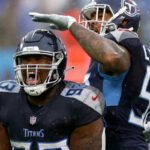After retiring from the NFL with a bag full of titles and accolades, Tom Brady, for the first time since 2000, is enjoying his own life out of the NFL world. While the league is having a crucial week ahead of the playoff berth decisive games, TB12 is having busy times with his multiple business ventures, podcasts, and obviously, his family.
However, it seems the NFL world will not be able to move on from “Tom Brady Fever” anytime soon. The ex-NFL star has come in repeated discussion regarding multiple plays of this. One of those was the infamous “deflategate scandal” which once again saw action in the New England Patriots recent loss to the Kansas City Chiefs.
Brady’s infamous controversy resurfaces in Chiefs-Patriots game
In the Week 15 clash between the Patriots and the Chiefs, a familiar controversy surrounding the inflation levels of footballs rekindled memories of the notorious “Deflategate” scandal involving Tom Brady and the Patriots. This time, it was the weight of the kicking balls that drew attention.
Reports emerged indicating that the balls used by both teams’ kicking groups during this match were notably under the regulated weight limit. According to sources cited by MassLive, these footballs were only inflated to around 11 pounds per square inch (PSI), significantly lower than the NFL’s requirement of 12.5 to 13.5 PSI.
The discrepancy came to light when Chiefs kicker Harrison Butker’s opening kickoff fell short, landing at the 3-yard line, an atypical result given his usual knack for touchbacks. The suspicion arose further as both Butker and Patriots kicker Chad Ryland encountered difficulties with their kicks, and missed field goals in the first half.

After realizing the issue, the Pats alerted the referees about the underinflated balls to rectify the situation. At halftime, adjustments were made to reinflate the balls to meet the stipulated standards. Usually, pre-game regulations dictate that teams are not permitted to use the kicking balls before the match, and referees are tasked with weighing the balls before kick-off. However, this recent incident highlighted a breach in this protocol.
Despite the discovery of the underinflated balls, the game’s outcome appeared largely unaffected, with the defending champion securing a decisive 27-17 victory. Nevertheless, the Patriots’ special team members expressed frustration over the compromised conditions that potentially hindered their performance. In a season already laden with back-to-back defeats and the sacking rumors of Bill Belichick, this unexpected issue was totally unwelcome by the Pats.
The haunting echo of the Deflategate saga cast a long shadow over Gillette Stadium once more, with the Patriots stunned that such an incident could recur. The infamous 2014 AFC Championship game was marred by the discovery of underinflated footballs during the Patriots’ win over the Colts, which later sparked an extensive NFL investigation.
What did the Patriots lose to Deflategate?
Tom Brady and Patriots’ deflategate scandal remains one of the most contentious incidents in NFL history. A 253-page document investigated the alleged deflation of footballs during the AFC Championship Game in January 2015, and in the aftermath of the report, the league handed down strict measures.
The Patriots were slapped with a hefty $1 million fine, stripped of a first-round draft pick in 2016, and docked a fourth-round pick in 2017 while TB12 faced a four-game suspension.
The crux of the issue revolved around the allegation that the Patriots deliberately tampered with footballs by altering their pressure to gain an unfair advantage. Despite Tom Terrific’s vehement denial of involvement, the report concluded that the Birmingham City FC owner was “at least generally aware” of the scheme.

Key figures in the controversy were former Pats equipment managers Jim McNally and John Jastremski. The report detailed a crucial 1 minute and 40 seconds during which McNally took authorized footballs into a bathroom before the AFC title game. However, both of them maintained their innocence throughout the investigation by labeling their questionable text messages, cited as evidence, to mere attempts at humor.
While Tom Brady was implicated due to multiple phone conversations with Jastremski, the report failed to provide concrete context for these exchanges.







